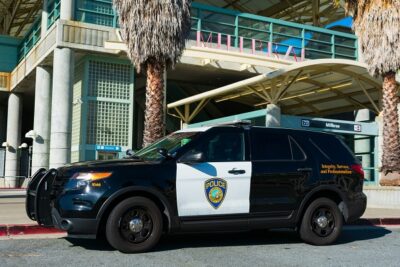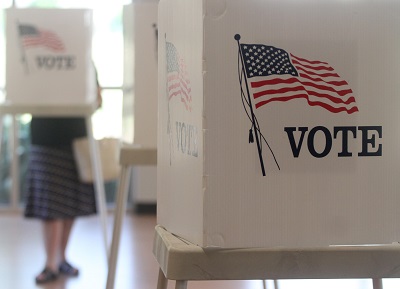Regional Coalition Submits Bid for Amazon HQ2
Leveraging a highly skilled and educated talent pool, a renowned innovation culture unmatched in the world and a slew of large transit-rich development sites located near top universities and airports, a Bay Area Council-led coalition of cities including Concord, Fremont, Oakland, Richmond and San Francisco today (Oct. 19) submitted a proposal to bring Amazon’s second corporate headquarters to the Bay Area. The Bay Area Council worked with the cities and other partners to coordinate the development of the bid.
“The Bay Area offers the whole package and is a natural and perfect fit for an innovation leader like Amazon,” said Jim Wunderman, President and CEO of the Bay Area Council. “We are the world’s innovation capitol. We offer top talent, top universities and large development sites connected by a rich network of mass transit and other transportation systems. Our competitive advantages are unparalleled, including our strong connections to the huge Asia-Pacific region.”
The coalition of cities working with the Bay Area Council has identified numerous sites which together offer Amazon an unmatched level of flexibility to create a world-class headquarters that embraces new models of dispersed but highly connected workplaces.
Read the Bay Area Amazon HQ2 proposal>>
The proposal includes more than 60 million square feet of high-quality office and research and development space, far exceeding Amazon’s requirement for up to 8 million square feet needed to house 50,000 workers. All of the sites provide seamless connections to robust transportation and mass transit networks, including BART and a fast-growing ferry system, and easy access to both regional and international airports.
Among the sites featured in the proposal are the Concord Naval Weapons Station in Concord, Coliseum City and numerous downtown locations in Oakland, the Warm Springs Innovation District in Fremont, SF Shipyard in San Francisco and the Richmond Field Station and Hilltop Mall in Richmond. All the cities are served by BART, which is undergoing a massive upgrade to expand its capacity and speed in the coming years, as well as by nearby international and regional airports and freeways. The proposal includes a combined 45,000 units of new housing that cities envision being built in the coming years.
“We are extremely confident that steps we are taking now as a region to improve our housing and transportation infrastructure will address Amazon’s needs for its workforce and future growth,” Wunderman said. “Our housing production has increased three fold in just the past six years and numerous residential development sites throughout the region envision adding tens of thousands of more units in the next five to 10 years.”
Amazon already knows the value of being located in the Bay Area, with current operations occupying more than 3 million square feet around the region.
A major draw for tech employers like Amazon is the access to some of the world’s best talent. Not only does the Bay Area produce its own highly educated and highly skilled workforce from top tier universities and colleges like UC Berkeley, Stanford, UC Davis, UC San Francisco, California State University East Bay and St. Marys attracts the best and brightest workers from around the globe. More than 75 percent of the Bay Area population holds a bachelor’s degree or higher, with more than 40 percent of those coming from science and engineering-related fields.
The proposal also outlines a range of state and local tax credits and other incentives along with commitments to streamline permitting and environmental review and work with Amazon on various workforce training and similar programs.





